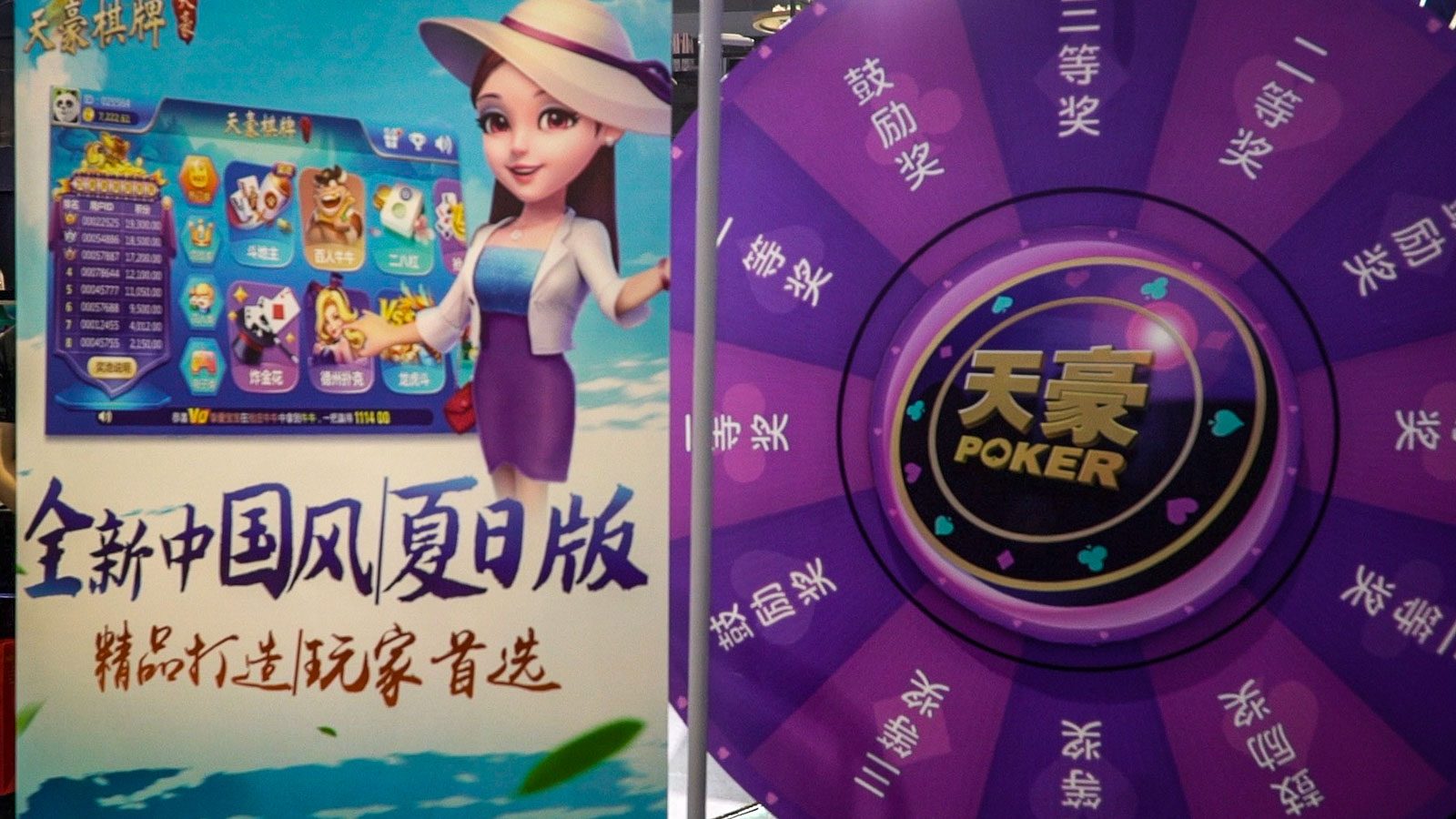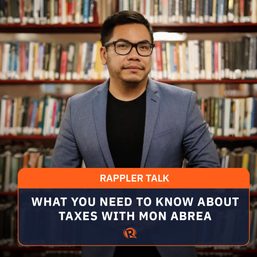SUMMARY
This is AI generated summarization, which may have errors. For context, always refer to the full article.

As Chinese online casinos flee the Philippines due to stricter regulations, the Supreme Court (SC) on Tuesday, January 5, moved to stop the collection of higher taxes on the controversial industry, Rappler has learned.
Voting 13 to 1, with SC Associate Justice Marvic Leonen as lone dissenter, the High Court issued a temporary restraining order (TRO) against the collection of increased taxes imposed on Philippine offshore gaming operators (POGOs) via the Bayanihan to Recover as One law, also known as Bayanihan 2.
The law is President Rodrigo Duterte’s response to the coronavirus-triggered recession. It contains provisions on fiscal policy, which include the imposition of a 5% franchise tax on the total bets collected by POGOs instead of on their net income.
Specifically, the Court stopped the enforcement of Section 11 of Bayanihan 2, Bureau of Internal Revenue Regulations No. 30-2020, and Memorandum Circular Nos. 102-17 and 078-18 based on the petition filed by 14 foreign-based POGOs last December.
Bayanihan 2’s Section 11 on sources of funding includes “amounts derived from the five percent (5%) franchise tax on the gross bets or turnovers or the agreed pre-determined minimum monthly revenues from gaming operations, whichever is higher, earned by offshore gaming licensees, including gaming operators, gaming agents, service providers, and gaming support providers.”
The petitioners – Oriental Game Limited, Golden Dragon Empire, Riesling Capital Limited, and 11 others – said the provisions and issuances are “patent violations of substantive due process and equal protection of the law, and are oppressive and offensive not only to the petitioners, but also to other foreign corporations who are subject to their provisions.”
The petitioners added that they are being made to pay taxes for funds that do not “flow to them as wealth,” and that these bets made offshore are outside Philippine taxing jurisdiction.
The provision in Bayanihan 2, lawmakers said, would yield P17.5 billion in additional revenues for the government. A majority of the justices, however, deemed the provision to be some form of a “rider,” meaning, it is a subject matter not expressed by the title of the law.
The Constitution says every bill shall embrace only one subject, which shall be expressed in the title.
The provision was proposed as an amendment by Senate Minority Leader Franklin Drilon.
The petitioners pointed out that Bayanihan 2 was crafted as a temporary relief measure to address the revenue shortfall brought by the pandemic.
Leonen’s dissent argued that the title and the statement of Bayanihan 2 included the raising of funds. The title of Bayanihan 2 is an “act providing for COVID-19 response and recovery interventions and providing mechanisms to accelerate the recovery and bolster the resiliency of the Philippine economy, providing funds therefor and for other purposes.”
Leonen’s dissent also argued that Bayanihan 2’s statement of policy granted a presumption of constitutionality to the urgent legislation.
Some POGOs have already left the country due to the pandemic and the government’s restrictions on the industry, leaving at least 277,000 square meters of vacant office spaces. (READ: What the POGO exodus means for the Philippine economy)
Agencies like the Department of Finance and the Bureau of Internal Revenue have clamped down on POGOs for supposedly not paying the correct taxes amounting to over P20 billion.
The industry has also been linked to human trafficking and prostitution, based on testimonials given by witnesses in Senate hearings.
Despite the controversies, its regulator, the Philippine Amusement and Gaming Corporation, has fiercely fought for the resumption of POGO operations amid the pandemic. – with reports from Lian Buan/Rappler.com
Add a comment
How does this make you feel?





![[Ask The Tax Whiz] How to file annual income tax returns for 2023](https://www.rappler.com/tachyon/2022/11/tax-papers-hand-shutterstock.jpg?resize=257%2C257&crop_strategy=attention)

![[Ask The Tax Whiz] Are cross-border services taxed in the Philippines?](https://www.rappler.com/tachyon/2024/02/bpo-workers.png?resize=257%2C257&crop=72px%2C0px%2C785px%2C785px)
![[Ask the Tax Whiz] Ease of paying taxes law: What you need to know](https://www.rappler.com/tachyon/2023/02/calculate-february-22-2023.jpg?resize=257%2C257&crop_strategy=attention)

There are no comments yet. Add your comment to start the conversation.